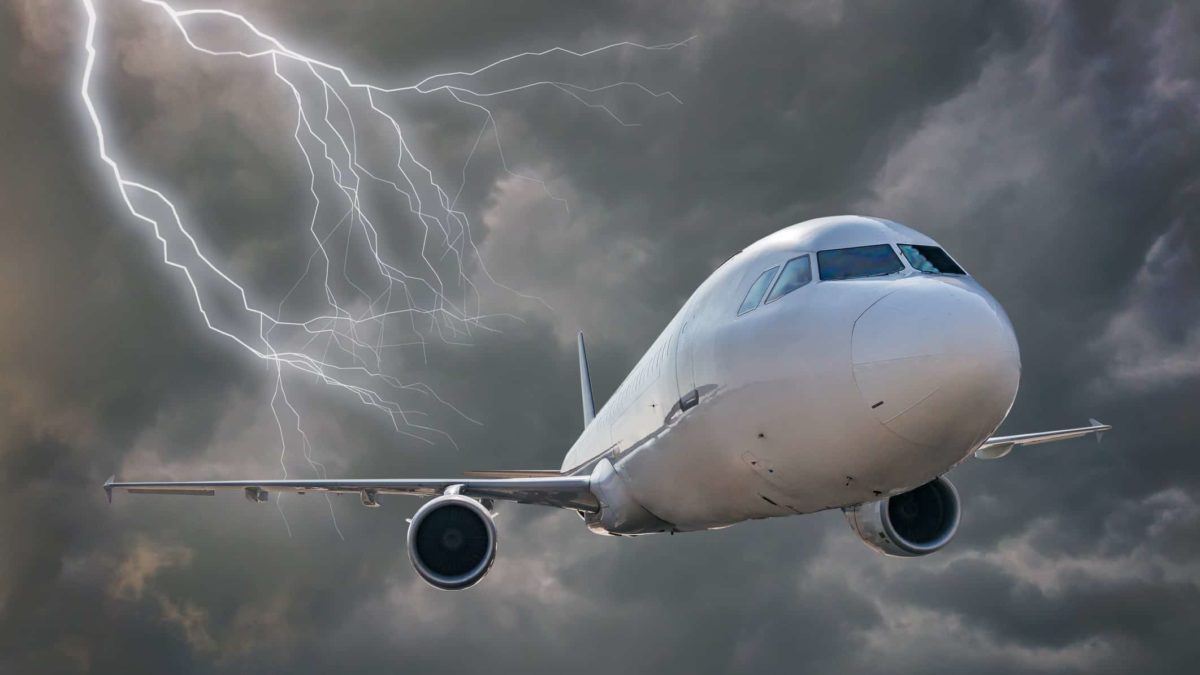The Qantas Airways Limited (ASX: QAN) share price suffered from headwinds in September, falling by around 5%.
It's still up by around 10% from the start of August, so it has just given back some of the recent gains that it has seen in the last couple of months.
Qantas shares did manage to outperform the S&P/ASX 200 Index (ASX: XJO), which fell by around 7.5%.
What happened in September?
The airline wasn't the only one suffering from volatility during last month.
Investors are having to deal with the prospect of ongoing high inflation and the prospect of higher interest rates to bring it under control.
Inflation increases the costs for businesses and could potentially decrease household (and business) demand for some services.
Why do interest rates matter so much? Ray Dalio, the billionaire founder of Bridgewater Associates explains:
It all comes down to interest rates. As an investor, all you're doing is putting up a lump sum payment for a future cash flow.
In other words, it's essential for valuation purposes.
Specifically on Qantas, it didn't announce anything that it deemed to be price sensitive during the month.
But, Qantas did announce that Stephanie Tully would be the new CEO of Jetstar. She has worked at Qantas since 2004 across a number of positions in progressively senior roles. Markus Svensson will take on the chief customer officer role and become a member of the group executive committee that reports to the CEO.
Management commentary
Talking about those appointments, Qantas CEO Alan Joyce said:
These appointments come at an important time for us. The team is working incredibly hard to overcome challenges facing the whole industry as it gets back on its feet, and the data shows we're almost there.
Managing this kind of executive renewal internally means we keep our momentum and can leverage a huge amount of corporate knowledge, including through the transition.
Stephanie has worked across several different parts of the airline, from crewing to marketing, and has a deep understanding of customer experience. She's an outstanding leader and she'll be leading a very experienced senior team at Jetstar to keep building on the strengths of that business.
Markus has navigated incredible levels of complexity in recent years, managing most of the commercial elements of the Qantas network through several waves of lockdown and recovery, and also managing our relationships with alliance partners around the world.
What is Qantas expecting in FY23?
Sometimes, the outlook can have a significant impact on the Qantas share price (or any business).
The fuel cost for FY23 is expected to be $5 billion, driven by a 60% increase in fuel prices compared to FY19.
Qantas is working on a number of initiatives to offset the inflation it's experiencing, with cost and revenue initiatives.
The revenue per available seat kilometre is expected to fully recover increased fuel prices across the group as well as temporary unit cost increases associated with addressing its current operational challenges.
The airline said it was going to reduce its domestic capacity by another 10 percentage points in response to higher fuel costs and operational challenges. Some capacity may be restored once "operational resilience" improves. In the first half of FY23, capacity will be 95% of pre-COVID levels and in the second half, it will be 106% of pre-COVID levels.
In terms of international capacity, it will be 65% of pre-COVID levels in the FY23 first half and 84% in the second half of FY23.
The Qantas loyalty division underlying earnings before interest and tax (EBIT) is expected to increase to between $425 million to $450 million for FY23. "Strong yields" are expected to moderate in the freight division of Qantas, but will be above pre-COVID levels.









